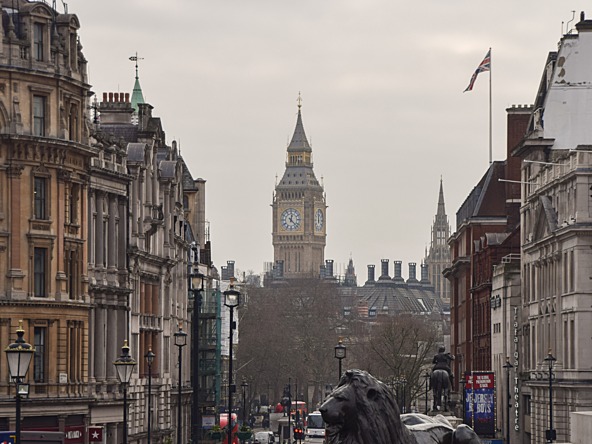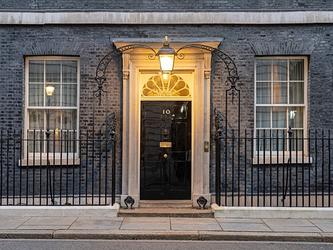Liz Truss will sink or swim by her response to the energy crisis

“I have a bold plan to grow the economy through tax cuts and reform,” announced the new prime minister from the steps of 10 Downing Street. But she has taken over at a time of considerable challenges, with big question marks over her position and the ability to deliver her stated goals. How likely is the new prime minister and her administration is to achieve its aims?
Liz Truss was elected as Conservative leader by a margin of 57% to 43%. Considering expectations near the beginning of the campaign, this was a relatively narrow margin, a result suggested by the last Opinium poll of Conservative members during the campaign; a few weeks before the final result this showed a drop in Liz Truss’s support from 65% to 61% of the membership. This poll proved to be the closest to the final result that was published during the campaign.
But as the centre of focus moves from the membership to the wider electorate, what does the polling evidence show about her chances of success.
Truss as prime minister
A first hurdle for Truss is that views of her are far from universally positive. Her success in the leadership came from a big boost in awareness and coverage of her campaign at just about the perfect time, as far as she was concerned. But by the end of the campaign, views of Truss were worse than at the beginning.
In particular, 2019 Conservative voters now believe Truss to be out of touch, and a plurality now believe that she has different views to them. While these are not ‘good’ polling results, views are not particular strongly held. And it is certainly a welcome reset for the Conservative Party following Boris Johnson’s substantial disapproval ratings.
But for the prime minister to make the huge political waves that she intends to, she will want to rebuild her perceived strengths. In particular that she be seen to be principled, competent and able to get things done. These are also particularly important for rebuilding the Conservative brand, which were some of its key strengths.
The Truss agenda
While we cannot run through her entire agenda, the prime minister emphasised tax cuts, investment and building, and deregulation. Alongside everything she highlighted are a substantial number of vested interests and cumulative policy decisions that will require considerable political capital to overturn.
There is also serious doubt about whether there is that much public appetite for her agenda. Taking tax and government spending as a case point, our polling over several years around major fiscal events does not provide much evidence for a hunger to drastically diverge from previous governments.
While the public might not want to pay more tax, they also do not want worse public services. Truss’ answers are to a question no-one was urgently asking, rightly or wrongly.
Cost of living
In order for her to even contemplate bringing her agenda about, the only way she can give herself the breathing space to lead public opinion is to do something instinctively different to her agenda: respond to the energy crisis, with government money, and respond to it quickly.
Week one had to be about unveiling the multi-billion package to cap energy costs for families and businesses. Putting aside the much more important matter of whether it will help household finances and dent inflation, will it have the desired impact on political opinion?
Making it work
The first hurdle the prime minister faced is the national focus on mourning for the late Queen Elizabeth II. Immediately Truss’ agenda for week one shifted dramatically.
But as the nation looks to the future, many more dangers in communicating her agenda abound. In particular, this huge intervention is incongruous to the new government’s narrative of slashing the state. While Truss will want to make clear she has acted, will she want to ‘wear’ this huge market intervention.
Yet, if the government is going to spend an estimated £150bn over the rest of parliament on an energy price cap, it needs to make a song and dance about it. This government cannot be in the position of spending its ammunition in fighting the cost-of-living crisis without fully wallowing in what limited credit it will get.
Only then will Truss and her new cabinet get their chance to implement their far-reaching economic agenda.
James Crouch is head of public affairs and policy at Opinium

We hope you enjoyed this article.
Research Live is published by MRS.
The Market Research Society (MRS) exists to promote and protect the research sector, showcasing how research delivers impact for businesses and government.
Members of MRS enjoy many benefits including tailoured policy guidance, discounts on training and conferences, and access to member-only content.
For example, there's an archive of winning case studies from over a decade of MRS Awards.
Find out more about the benefits of joining MRS here.













0 Comments